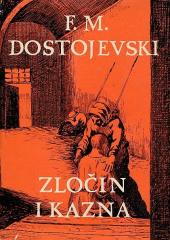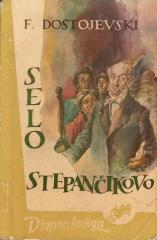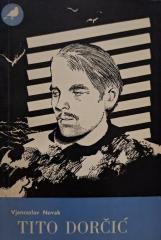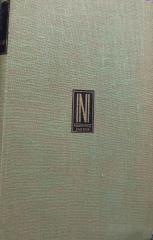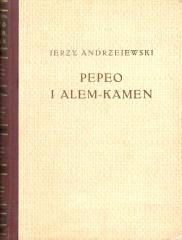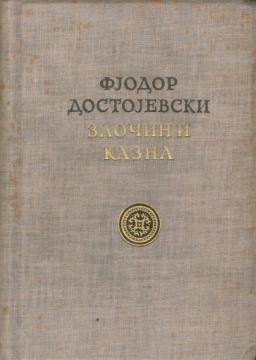
Zločin i kazna
Roman Zločin i kazna (1866.) Fjodora Mihajloviča Dostojevskog, remek-djelo svjetske književnosti, duboko je psihološko i filozofsko istraživanje krivnje, morala i iskupljenja.
Smješten u siromašnom Petrogradu, prati Rodiona Raskoljnikova, osiromašenog bivšeg studenta koji, opsjednut idejom nadčovjeka, ubija staru lihvaricu Aljonu Ivanovnu i njezinu sestru Lizavetu, vjerujući da je čin moralno opravdan ako služi većem cilju.
Raskoljnikov, izmučen siromaštvom i nihilističkim idejama, racionalizira zločin smatrajući lihvaricu štetnom za društvo. Međutim, nakon ubojstva, obuzima ga paranoja, krivnja i unutarnji sukob. Roman prati njegovu psihološku dezintegraciju dok se bori s osjećajem grižnje savjesti i strahom od otkrivanja. Ključni likovi, poput Sonje Marmeladove, prostitutke koja oličava patnju i vjeru, i istražitelja Porfirija Petroviča, koji psihološki pritišće Raskoljnikova, pomažu u razotkrivanju njegovog unutarnjeg nemira.
Dostojevski istražuje teme moralne odgovornosti, slobode i patnje, suprotstavljajući ateistički nihilizam kršćanskom iskupljenju. Kroz Raskoljnikovljev put od zločina do priznanja i zatvora, roman naglašava mogućnost duhovne obnove. Stil je gust, s dubokim psihološkim portretima i filozofskim dijalozima, čineći djelo univerzalnom meditacijom o ljudskoj prirodi i društvenim nepravdama.
Jedan primjerak je u ponudi
- Tragovi patine
